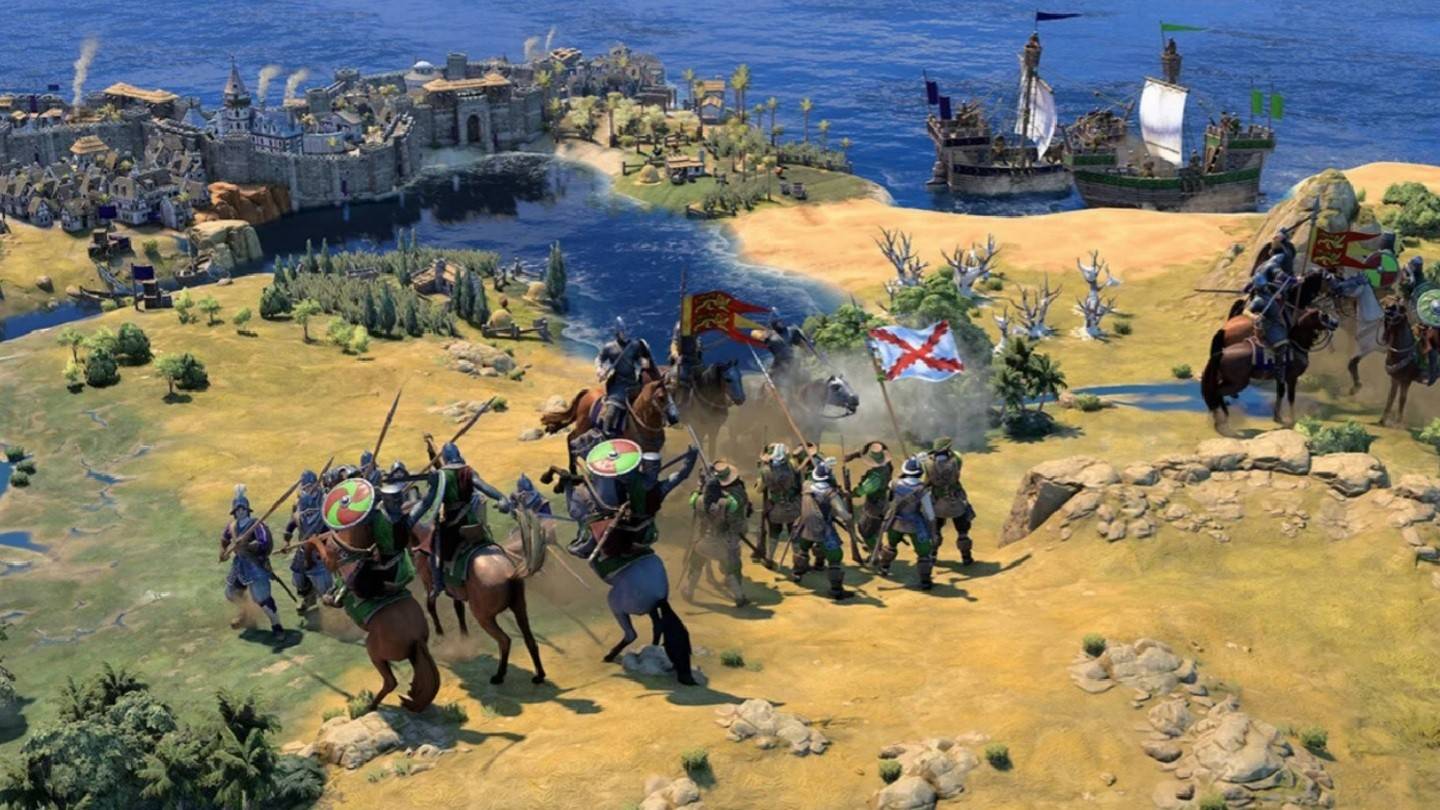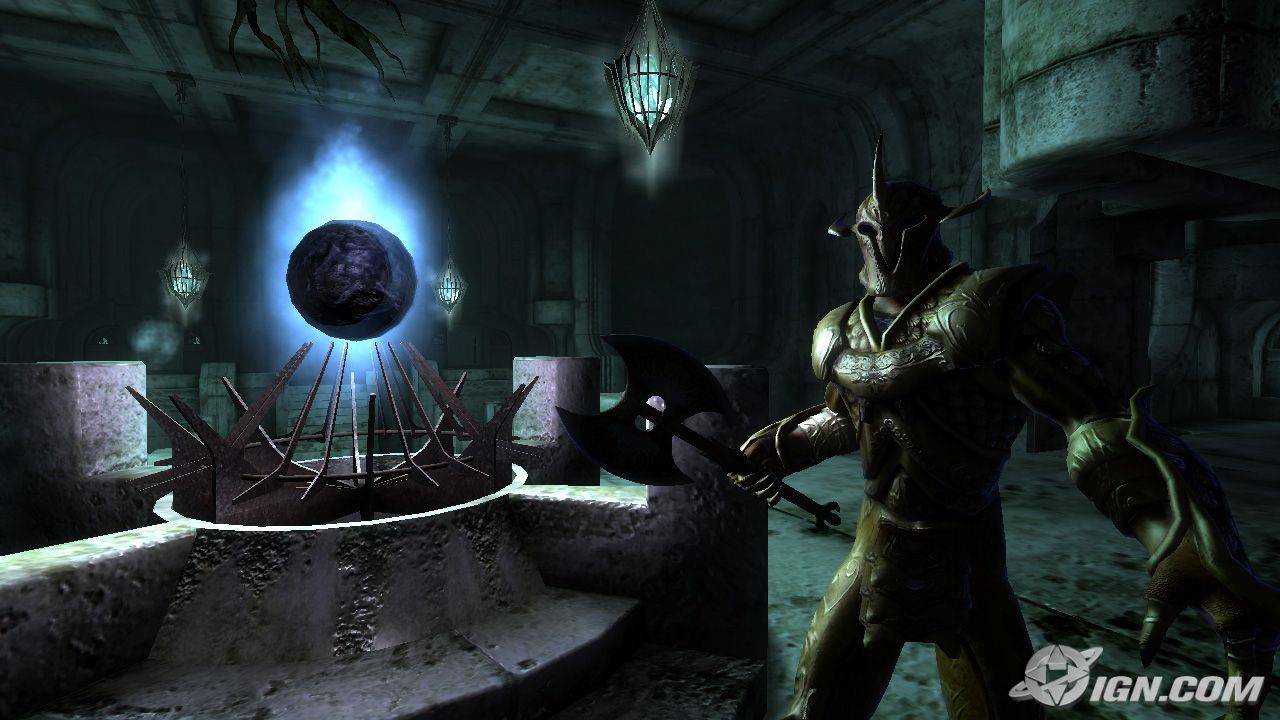
Sid Meier's Civilization VII initially faced criticism for its significant changes during its first gameplay demonstration. However, final previews from journalists suggest that these novelties will prove to be profound and won't disappoint strategy fans.
The seventh installment "shakes up" the traditional gameplay by integrating a multitude of new mechanics. For instance, the leader selection screen now features a system where frequently used rulers by the player can earn unique bonuses. Additionally, the game spans multiple eras, such as Antiquity and Modernity, allowing for "isolated" gameplay within each period, enhancing the overall experience.
Key Features:
- The game introduces numerous mechanics that are new to the series, adding fresh layers to the gameplay.
- Players can now choose leaders independently from civilizations, which adds significant depth to strategic decision-making.
- Three distinct eras are available: Antiquity, Medieval, and Modern, each offering a unique gameplay experience. Transitioning between eras feels akin to starting a new game.
- The game allows for rapid shifts in the direction of civilization development, providing players with greater flexibility in their strategy.
- The traditional laborer system has been eliminated; cities now automatically expand, streamlining the process of growth and development.
- Leaders come with unique perks that unlock as players continue to use them, encouraging deeper engagement with individual characters.
- Diplomacy has been revamped and now functions as a "currency". Players use influence points to negotiate treaties, form alliances, and condemn other leaders, making diplomatic interactions more dynamic.
- While the AI has room for improvement, the game highly recommends co-op play for a more enjoyable experience.
Gamers believe that Civilization VII represents the most daring attempt yet to reinvent the classic formula of the series, promising a bold and refreshing take on strategy gaming.
 Home
Home  Navigation
Navigation






 Latest Articles
Latest Articles










 Latest Games
Latest Games












